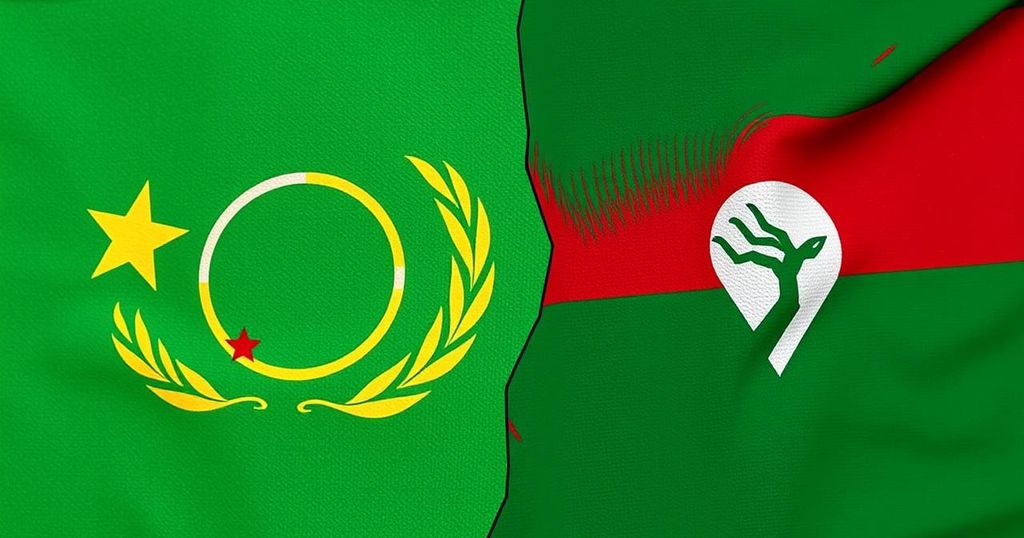The UN High Commissioner for Human Rights has raised alarms about threats directed toward its special rapporteurs in Eritrea, Burundi, and the Philippines. Concerns were particularly noted regarding verbal assaults on Sheila Keetharuth in Eritrea and threats made against the Commission of Inquiry in Burundi. The situation highlights a broader trend of governmental hostility toward UN human rights mechanisms and calls for urgent action.
The United Nations High Commissioner for Human Rights has voiced significant concern regarding the threats posed to its special rapporteurs in Eritrea, Burundi, and the Philippines, as articulated in a statement released on November 21. This statement, which addresses “Attacks / threats by States against UN human rights experts,” underscores continuing efforts by certain states to dismantle mechanisms established by the Human Rights Council with its 47 member nations. Specifically regarding Eritrea, the statement highlights the verbal assaults on the human rights expert Sheila Keetharuth, who recently published a report indicating that the human rights situation in Eritrea remains dire. During an interactive dialogue at the Human Rights Council session in June, Ms. Keetharuth faced considerable hostility, including a personal attack from the Eritrean Ambassador, who referred to her as a “naked Empress with no clothes,” accusing her of conducting a “witch-hunt” over Eritrea. The statement emphasizes that Ms. Keetharuth has been diligently executing her mandate from the UN Human Rights Council and should not be the target of such vitriolic personal attacks by government officials. In the case of Burundi, the UN has filed a complaint against the government regarding threats made by its ambassador toward the authors of a recent report by the Commission of Inquiry, which examined human rights conditions in the country. The High Commissioner has condemned these threats as unacceptable and a blatant violation of the 1946 Convention on the Privileges and Immunities of the United Nations, ensuring the protection of experts undertaking UN missions. The UN has urged the Burundian government to reassess its refusal to cooperate with the International Commission of Inquiry and to cease all threats against its members. The Philippine context includes President Duterte and his supporters allegedly making open threats against the UN special rapporteur, Agnes Callamard, who is investigating extrajudicial and arbitrary executions. This situation underscores the broader pattern of intimidation experienced by UN human rights experts in various countries.
The article addresses the ongoing challenges faced by United Nations human rights experts in Eritrea, Burundi, and the Philippines, who have encountered threats and aggressive pushback from their respective governments. The UN Human Rights Council’s special rapporteurs, tasked with monitoring and reporting on human rights conditions, are intended to operate without interference; however, the incidents reported illustrate significant pushback from these states against international scrutiny. The background of these interactions also relates to the established conventions aimed at protecting UN personnel, highlighting the gravity of the threats directed toward these experts.
In conclusion, the threats against UN human rights experts in Eritrea, Burundi, and the Philippines not only jeopardize the safety of individuals like Sheila Keetharuth, Agnes Callamard, and the members of the Commission of Inquiry, but also undermine the fundamental mechanisms established for the protection and promotion of human rights globally. The international community, through the UN, calls for accountability and an end to the intimidation tactics employed by these states against those who serve on behalf of the UN, thus ensuring that the mandate of the Human Rights Council is respected and upheld.
Original Source: www.africanews.com






